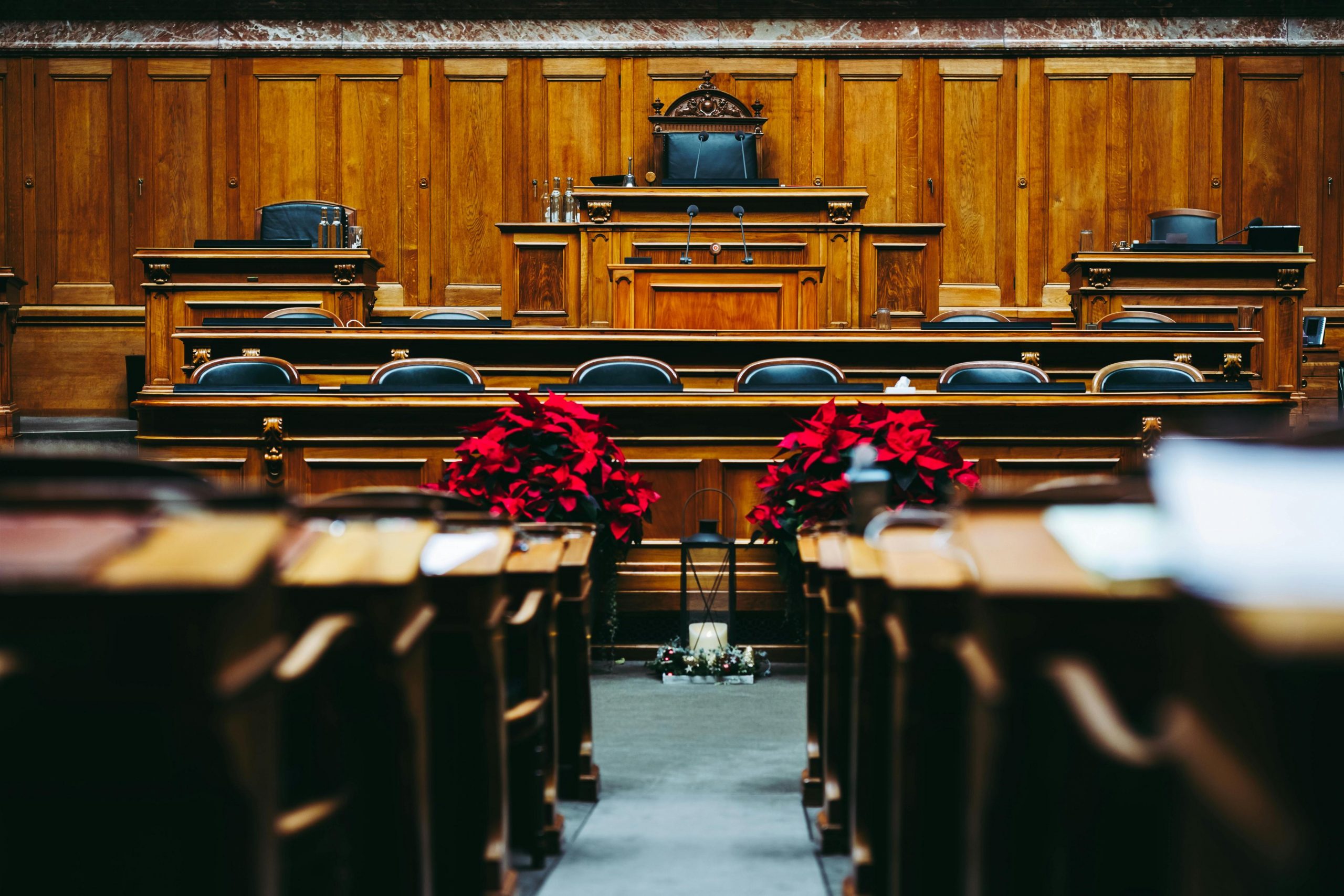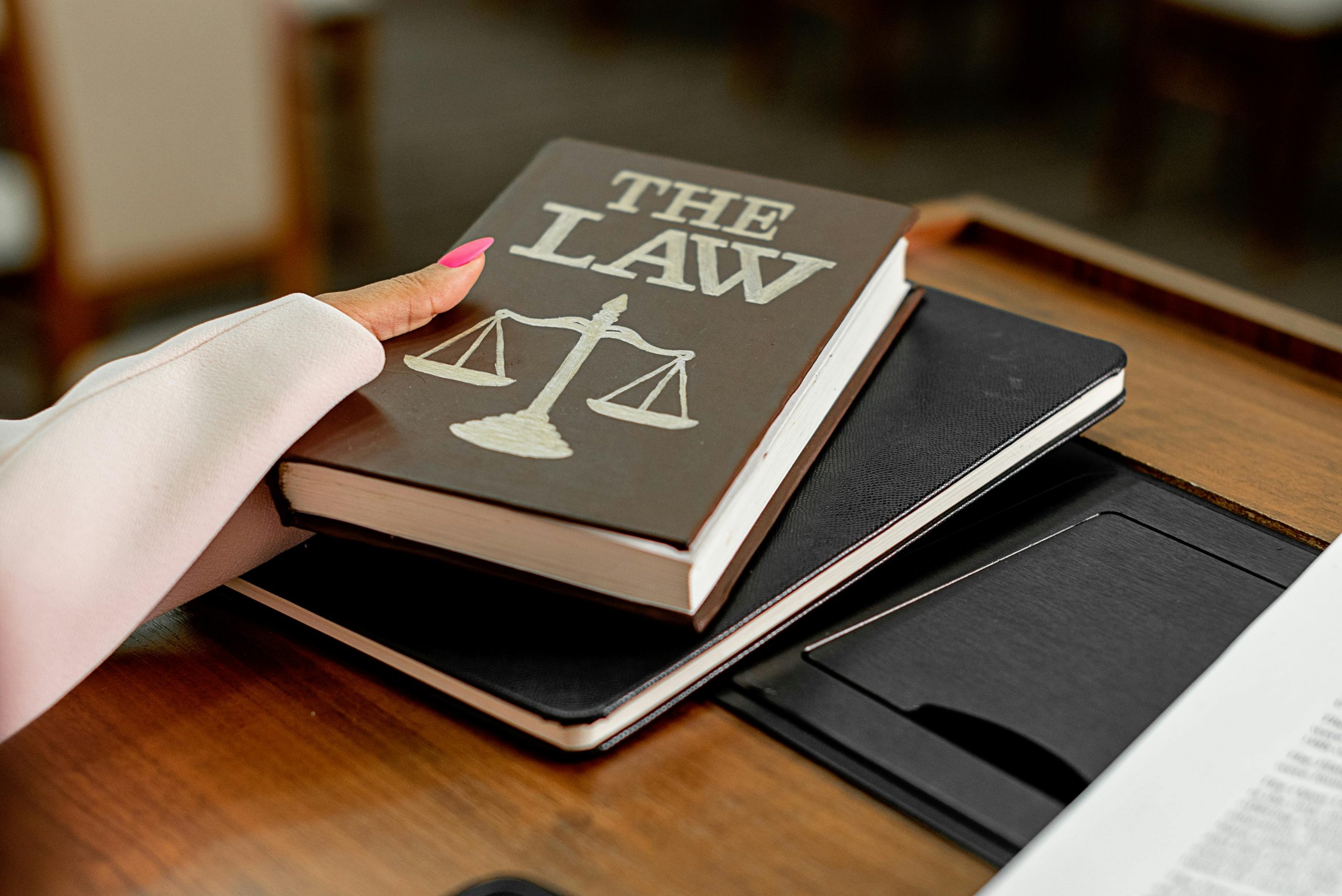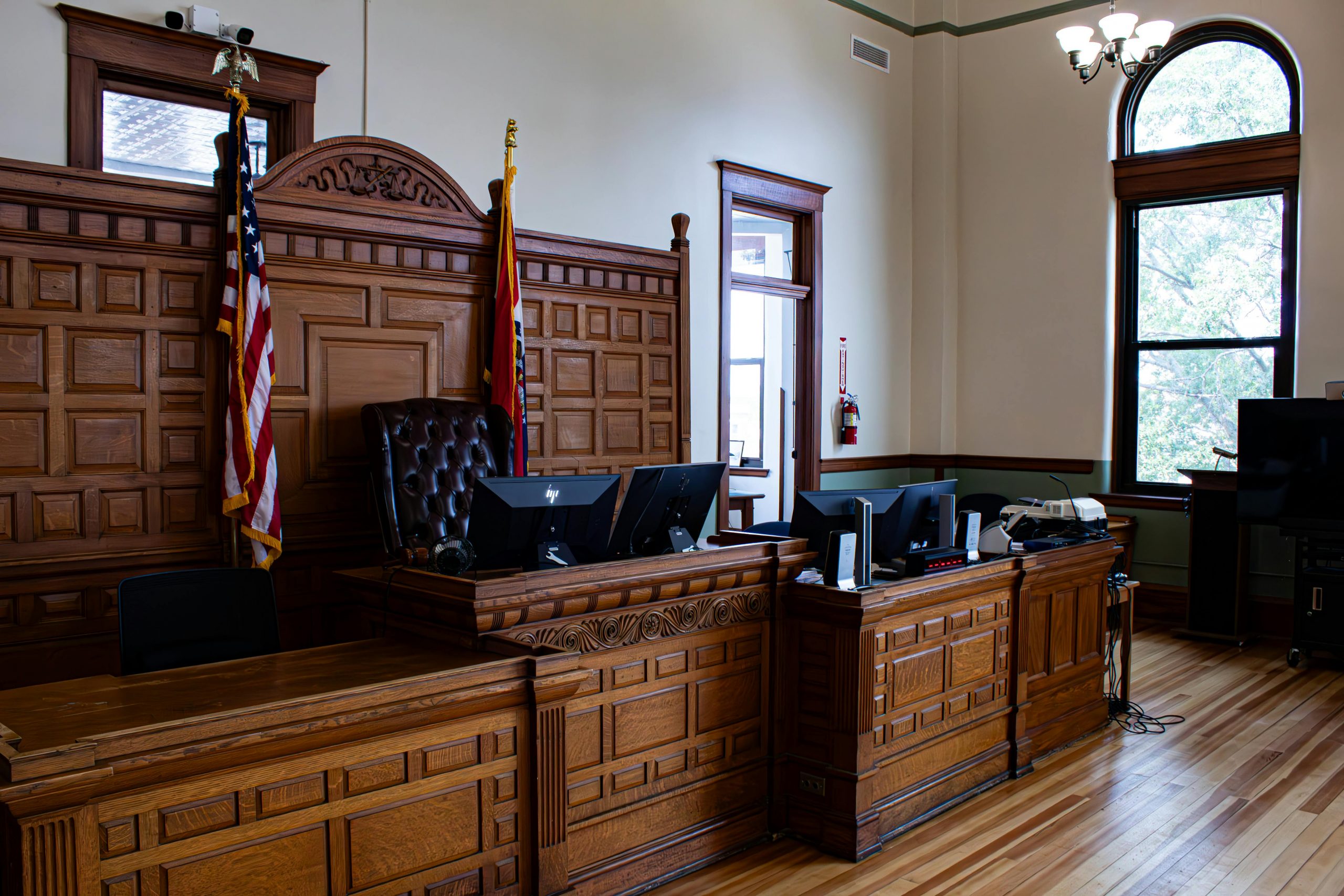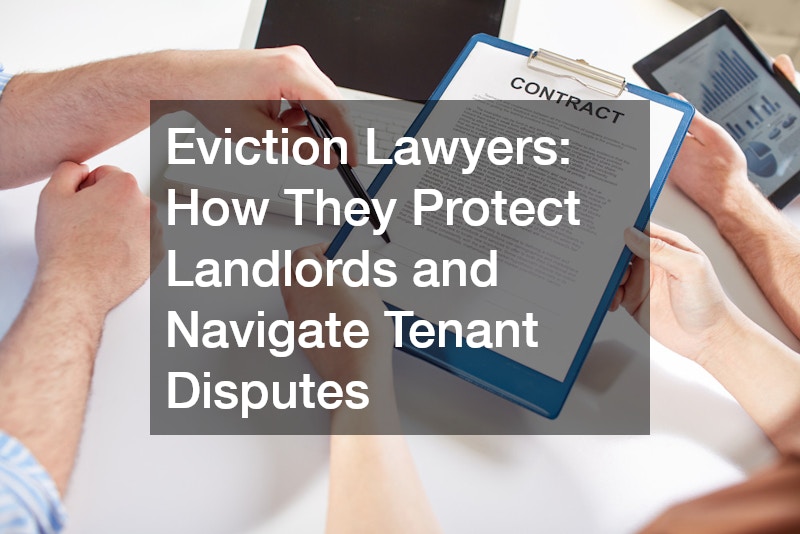A mistrial is when a court case is stopped before a verdict is reached. This means the trial cannot continue, and the jury doesn’t decide the outcome. Mistrials are serious, but they don’t mean the case is over. Instead, the court has to decide what to do next—start the trial over, drop the charges, or reach a new agreement.
Understanding what causes a mistrial helps you see why some cases don’t go as planned, and what might happen if you or someone you know is involved in one.
Why Mistrials Happen: Common Causes

There are several reasons a judge might declare a mistrial. Most of these issues involve problems with fairness, the jury, or the law. Let’s explore the most common causes.
1. Hung Jury
A hung jury is one of the most well-known reasons for a mistrial. This happens when jurors can’t agree on a verdict after long discussions. In most criminal trials, the jury must agree unanimously. If they can’t, and further deliberation doesn’t help, the judge may declare a mistrial.
Example: If a jury is split 10-2 in a murder trial and can’t reach full agreement, the case may end in a mistrial.
2. Jury Misconduct
Jurors must follow strict rules during a trial. If they don’t, it could cause a mistrial. Jury misconduct includes:
- Talking about the case outside the courtroom
- Reading or watching news about the case
- Using social media to post opinions
- Doing personal research
Even one juror breaking these rules can impact the fairness of the trial.
3. Improper Statements in Court
Sometimes, a lawyer or witness says something in court that should not have been said. If these statements are highly prejudicial or misleading, the judge may decide that the jury’s opinion has been unfairly influenced.
Examples of improper statements:
- Mentioning evidence that was ruled inadmissible
- Referring to a defendant’s criminal record if it’s off-limits
- Making emotional or biased remarks
These errors can lead to a mistrial if they prevent a fair decision.
4. Procedural Errors
Courts must follow strict legal procedures. If a serious mistake occurs, it could harm one side’s ability to present their case fairly.
Examples include:
- Important evidence not shared with the other side (discovery violations)
- Wrong jury instructions
- Incorrect admission or rejection of evidence
These errors might be unintentional, but they can still result in a mistrial.
5. Juror Illness or Emergency
If a juror becomes too sick to continue or has a personal emergency, the trial might have to stop—especially if no alternate jurors are available. Trials need all jurors present to continue.
6. Attorney or Judge Misconduct
In rare cases, a lawyer or judge may behave inappropriately or break court rules. This might include:
- Bias or favoritism
- Conflicts of interest
- Inappropriate comments or actions
These situations can destroy trust in the fairness of the trial, which is grounds for a mistrial.
7. Outside Influence
If someone tries to contact, bribe, or intimidate a juror, it’s called jury tampering. This is illegal and can lead to a mistrial. The court takes outside interference very seriously to protect the integrity of the process.
Next Steps After a Mistrial

When a mistrial is declared, it doesn’t mean the case disappears. It simply means the trial couldn’t be completed fairly. So, what happens after a mistrial depends on the facts of the case and decisions made by the judge and attorneys.
In most situations, the court will hold a hearing to determine how to proceed. The judge may ask the prosecution or plaintiff whether they plan to retry the case. If they do, a new trial will be scheduled. If not, the case may be dismissed.
Other times, both parties may take this break as an opportunity to negotiate a plea deal (in criminal cases) or a settlement (in civil cases). This can help resolve the issue without going through another full trial.
Ultimately, what happens after a mistrial varies—but the legal process continues. Courts focus on fairness, and a mistrial gives both sides another chance to seek justice properly.
Does a Mistrial Mean Double Jeopardy?
No. Double jeopardy is a legal rule that says a person cannot be tried twice for the same crime—if they were found not guilty. But if there was no verdict, such as in a mistrial, the case can usually be retried.
Exceptions: If a mistrial happens because of bad behavior from the prosecutor (like trying to force a mistrial), the court might block a retrial.
Civil vs. Criminal Mistrials: What’s the Difference?
Mistrials can happen in both civil and criminal cases, but the effects are a bit different.
- Criminal trials: The defendant may be retried or, in rare cases, have the charges dismissed.
- Civil trials: A new trial may be scheduled, or the parties may agree to settle outside of court.
In both types, mistrials are frustrating but not unusual. The goal is always a fair and legal process.
Can a Mistrial Be Avoided?
Yes—sometimes. Here are a few ways lawyers and courts try to prevent mistrials:
- Careful jury selection: Choosing jurors who can stay unbiased and follow instructions.
- Clear instructions: Judges remind jurors not to discuss the case or seek outside info.
- Proper handling of evidence: Lawyers follow rules to avoid errors or improper statements.
Still, not all mistrials can be avoided. When they do happen, the courts handle them seriously and work toward the best solution.
Real-Life Example of a Mistrial
In high-profile trials, mistrials often make the news. For example, in a case where a famous person is on trial and the jury can’t reach a decision, the judge may declare a mistrial due to a hung jury. This happened in the 2017 Bill Cosby trial. Later, the case was retried and resulted in a conviction.
Such examples show how mistrials can lead to long legal battles, but they are a normal part of the legal process.
Final Thoughts
A mistrial may sound dramatic, but it’s just one step in the justice system. Whether it’s caused by a hung jury, a legal error, or outside interference, a mistrial protects the right to a fair trial. It doesn’t mean the case is over—just that it needs a reset.
Understanding what causes a mistrial helps you see how courts work and why fairness is so important. If you’re involved in a trial or watching one unfold in the news, you’ll now know why it might stop and what happens next.
And if you ever find yourself asking, what happens after a mistrial, the answer depends on the case—but the goal is always justice done right.




